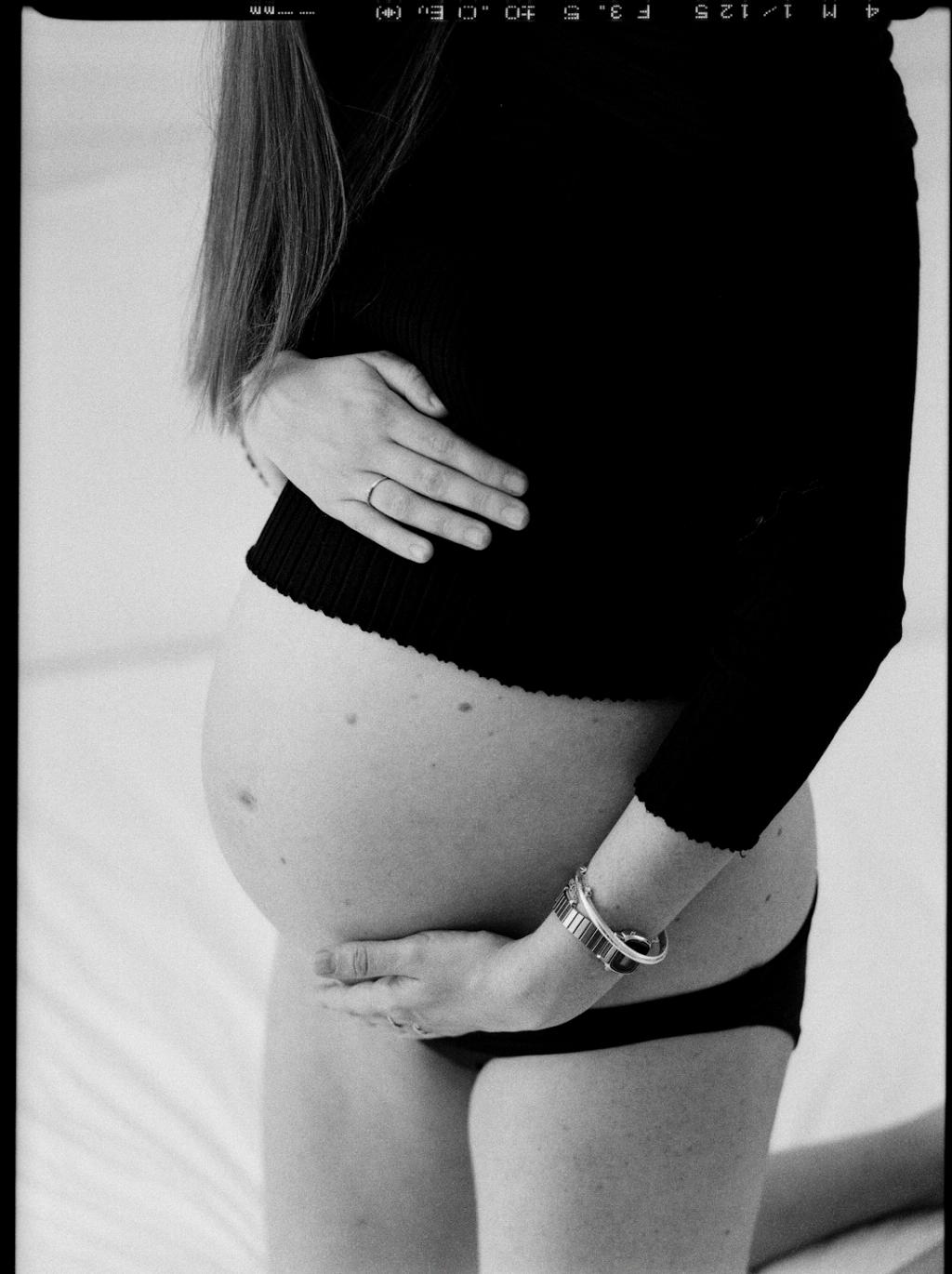During pregnancy, it’s normal to experience various changes in vaginal discharge. The color, consistency, and odor of discharge can indicate potential health issues. When it comes to yellow discharge in the third trimester, it’s essential to pay attention and understand what it might signify.
Possible Causes of Yellow Discharge in the Third Trimester
Yellow discharge during the third trimester could be a warning sign of a potential infection. Infections such as bacterial vaginosis, yeast infections, or sexually transmitted infections can cause changes in the color of vaginal discharge. It’s crucial to consult with your healthcare provider to determine the underlying cause.
When to Seek Medical Advice
If you notice yellow discharge during the third trimester of pregnancy, it’s recommended to consult with your obstetrician or midwife promptly. Early detection and treatment of any infections are vital in ensuring the health and well-being of both you and your baby.
Importance of Medical Evaluation
Ignoring changes in vaginal discharge, including yellow discharge, can lead to complications during pregnancy. A thorough examination by a healthcare provider can help identify any potential issues and provide appropriate treatment to safeguard the pregnancy.
Factors Contributing to Yellow Discharge
Several factors can contribute to the presence of yellow discharge in the third trimester. Hormonal changes, changes in vaginal pH, or an overgrowth of certain bacteria or yeast can all play a role in the development of abnormal discharge. Understanding the root cause is essential for effective treatment.
Preventive Measures for Vaginal Infections
Practicing good hygiene, wearing breathable cotton underwear, and avoiding douching can help prevent vaginal infections that may lead to yellow discharge. Maintaining a healthy lifestyle and following your healthcare provider’s recommendations are key in reducing the risk of infections.
Diagnostic Tests for Yellow Discharge
Your healthcare provider may perform diagnostic tests, such as vaginal swabs or cultures, to identify the type of infection causing the yellow discharge. These tests are essential for determining the most appropriate course of treatment and ensuring the safety of your pregnancy.
Treatment Options for Infections
Depending on the underlying cause of the yellow discharge, your healthcare provider may recommend treatment with antibiotics, antifungal medications, or other specific therapies. It’s essential to follow the prescribed treatment regimen to fully address the infection.
Monitoring and Follow-Up Care
After initiating treatment for a vaginal infection causing yellow discharge, regular monitoring and follow-up care with your healthcare provider are crucial. This allows for tracking the response to treatment and addressing any persisting symptoms or concerns effectively.
Impact on Pregnancy and Baby
Untreated vaginal infections during pregnancy can pose risks to both the expectant mother and the developing baby. Complications such as preterm birth, low birth weight, or neonatal infections can occur if infections are not promptly addressed. Seeking timely medical attention is vital for protecting the pregnancy.
Final Thoughts on Yellow Discharge in the Third Trimester
Yellow discharge during the third trimester of pregnancy should not be ignored, as it can indicate an underlying infection that requires prompt attention. By staying vigilant, seeking medical advice when needed, and following recommended treatments, expectant mothers can safeguard their health and the well-being of their unborn child.

